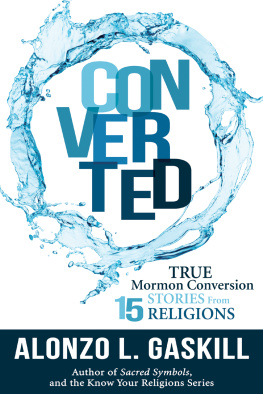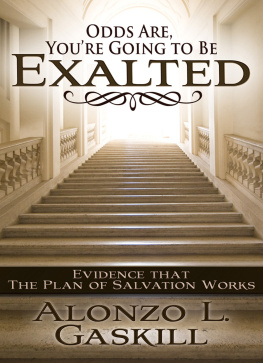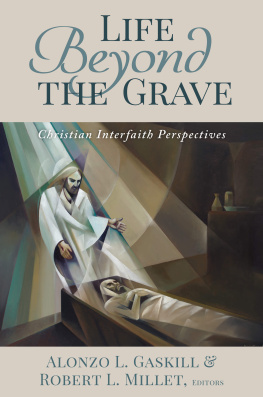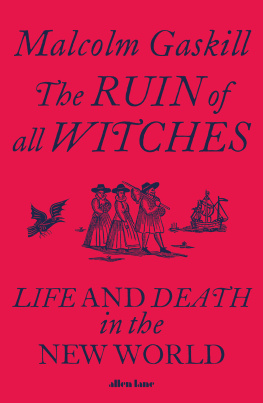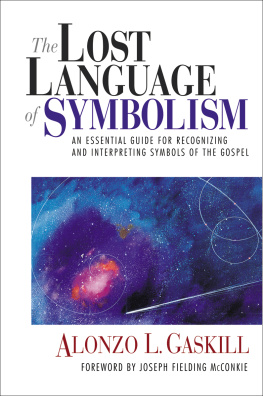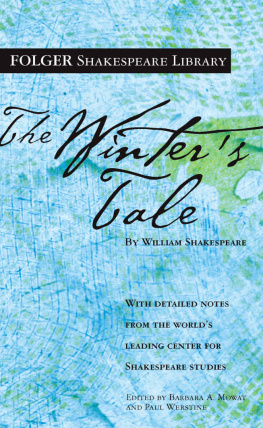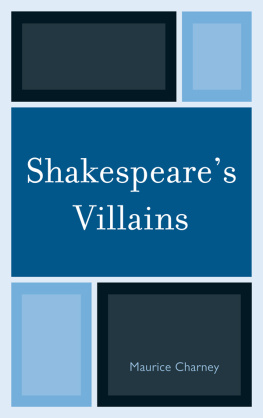William Gaskill

Foreword by Christopher Hampton

NICK HERN BOOKS
London
www.nickhernbooks.co.uk
To the memory of George Devine and Jocelyn Herbert
Contents
ForewordChristopher Hampton
I have more than one reason to be grateful to Bill Gaskill: as Artistic Director of the Royal Court Theatre he was responsible, in 1966, for scheduling my first play as a Sunday-night Production Without Dcor; then, in 1968, he devised for me the position of Resident Dramatist at the theatre, now, of course, a commonplace, but at that time, I believe, the first such post of its kind in this country. Characteristically, he told me I need not be deceived by the important-sounding lustre of the title, which he regarded merely as a useful negotiating ploy to secure a grant from the Arts Council; I would be expected to run the literary department and perform any and all other delegated tasks. This made the gift doubly valuable: instead of sitting in my quarters writing plays (the fate, I imagine, of subsequent and current Resident Dramatists) I became thoroughly immersed in the day-to-day life of the theatrethen at one of its creative zeniths as one of the leading theatres in Europefor two crowded years, in which I learned considerably more about the practicalities of my profession than I could possibly have picked up in any other way.
So much for my personal feelings of gratitude: but there are other, broader reasons for many contemporary playwrights to offer their thanks to a Royal Court ethos, of which Bill was one of the founders and which the essays in this book go a long way towards defining. When I start preparing a production, he says, I always work from the textoutwardsand the books starting point is a chapter called Trusting the Writer. Those of us who have worked on the continentin Germany, Austria, Switzerland or Francewill be vividly aware just how alien a concept this is in other European countries, where directors are utterly baffled by the notion of presenting a play to their critics and public as written. As it happens, Bill begins his consideration of writers with Beckett (who lived in Paris and wrote the majority of his plays initially in French) and Brecht: but these writers above allBeckett with his strict notations and Brecht with his own generously funded Ensembleknew how to maintain an iron control over their work. For those of us less confident and in less powerful positions, the determination of Bill and his cohorts at the Royal Court to search out the essence of our plays and respect it was absolutely invaluable. My second play, Total Eclipse, about the poets Arthur Rimbaud and Paul Verlaine, started rehearsal when I arrived to work at the theatre in 1968; Bill liked it and was encouraging. He listened sympathetically to the reservations the director, Robert Kidd, and I both felt about the play, then said that, certainly, there were things wrong with it, but that I was very young and would learn most if the play, with all its imperfections, appeared in front of an audience as I had first imagined it. He was, of course, unquestionably right, though its almost inconceivable that a writer would be given that kind of leeway today. Its my firm conviction that one of the essential preconditions for a healthy theatre is this kind of moral support and robust nurture of playwrights; it exists in very few parts of the world, but its centrality as a feature of Bills regime in Sloane Square was of incalculable benefit to all the writers who passed through the doors of the Royal Court Theatre.
One of the great beauties of the theatre is its ephemerality. Films (doubly so with the advent of the DVD), books and records are all permanent, filable objects; but the theatre is written on the wind. Obviously, a play exists on paper, butits only real being is in the present tense and subsequently in the memories of however many thousand people may have chosen to experience it. I had the privilege, when I was at the Royal Court, of making a version, for Anthony Page, of Uncle Vanya, with Paul Scofield, Colin Blakely and Anna Calder-Marshall. It ran for only a few weeks forty years ago, but I can still remember it in considerable detail and hear, in my inner ear, the particular woebegone and embittered cadences, the eccentric swoop and plunge of Scofields voice. Bill has always been as strong a champion of actors as he is of writers, and his book explores in fascinating detail his experience with actors like Maggie Smith and Alec Guinness and his memories of Gielgud, Olivier and Edith Evans. Its precisely the evanescence of the theatre which makes statements of first principles so essential, especially when expressed with Bills exemplary lucidity. Every generation in the theatre has in some sense to start from scratch, lessons learned are seldom retained, and its this fragile ecology which accounts for the numerous black holes in theatrical history, the long, arid stretches when no one can quite remember how to practise this most rigorous and demanding of arts.
Let me try to illustrate my point with a couple of specific examples: two of Bills productions I saw at the turn of the seventies, Edward Bonds Saved and George Farquhars The Beaux Stratagem. Again, one is reliant on the images provided by memory, but in the one case, a kind of spare, poetic naturalism supported by John Gunters pared-to-the-essentials, resonant sets, and in the other case, a supple, good-humoured, recognisably truthful narrative, lightened by Ren Allios graceful, fluid, dancing pieces of dcor and as far as possible removed from the usual grating artificiality of Restoration Comedy, each provided, in their very different ways, an object-lesson in how to discover the style which most perfectly complemented the substance of each of these plays. These are lessons, as I say, which can beeasily, swiftly and lavishly forgotten: and the patient detail in these essays, the attention to stress and pause, lighting and design, timing and music, as applied to numerous specific plays and writers, remind us how important but how rarely pursued is the quest to present a play in a way which teases out, honours and clarifies the authors intentions, even those which he or she may not have been conscious of harbouring in the first place. The distance between good and bad theatre is far shorter than the distance that separates the good from the unforgettable; it is this latter terrain that Bill Gaskill patrols, contemplates and elucidates, as a true keeper of the flame.
Preface
These essays are about the way drama works in the theatre; drama in the sense that a play is aboutand has always been aboutpeople talking to each other in recognisable situations. It is about words and how they move an action forward, how words are actions, how words convey a physical staging not just through stage directions, and how the relation of actions to words makes for the tension of drama. It is about the form and diction of the language as indications to the actor, not just of his character, but of the shifts and changes in the meaning of the play as a whole. Some of it is a statement of the obvious, but necessary because we have lost touch with essentials. Some of it is made up of practical tips about speaking. Some of it is pleasure at memories of performances and some of it is wonder at the skill of the writer, particularly Shakespeare.
William Gaskill
Acknowledgements
The author and publisher gratefully acknowledge permission to quote from Poetry and Drama by T.S. Eliot, Endgame
Next page

